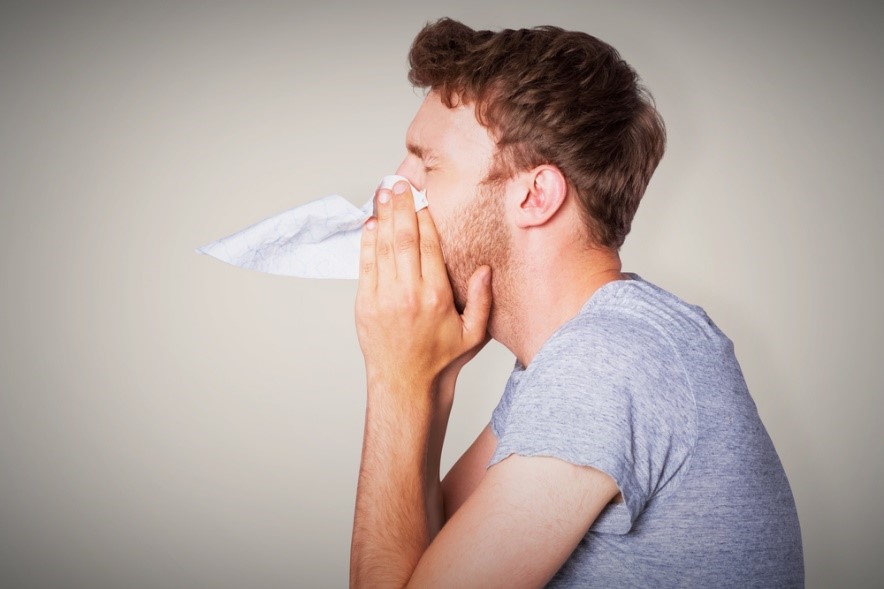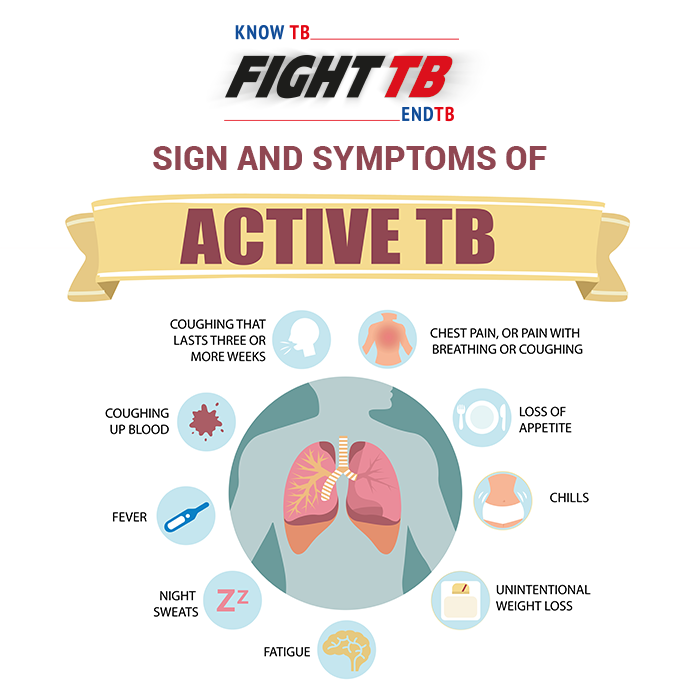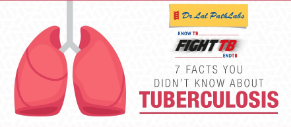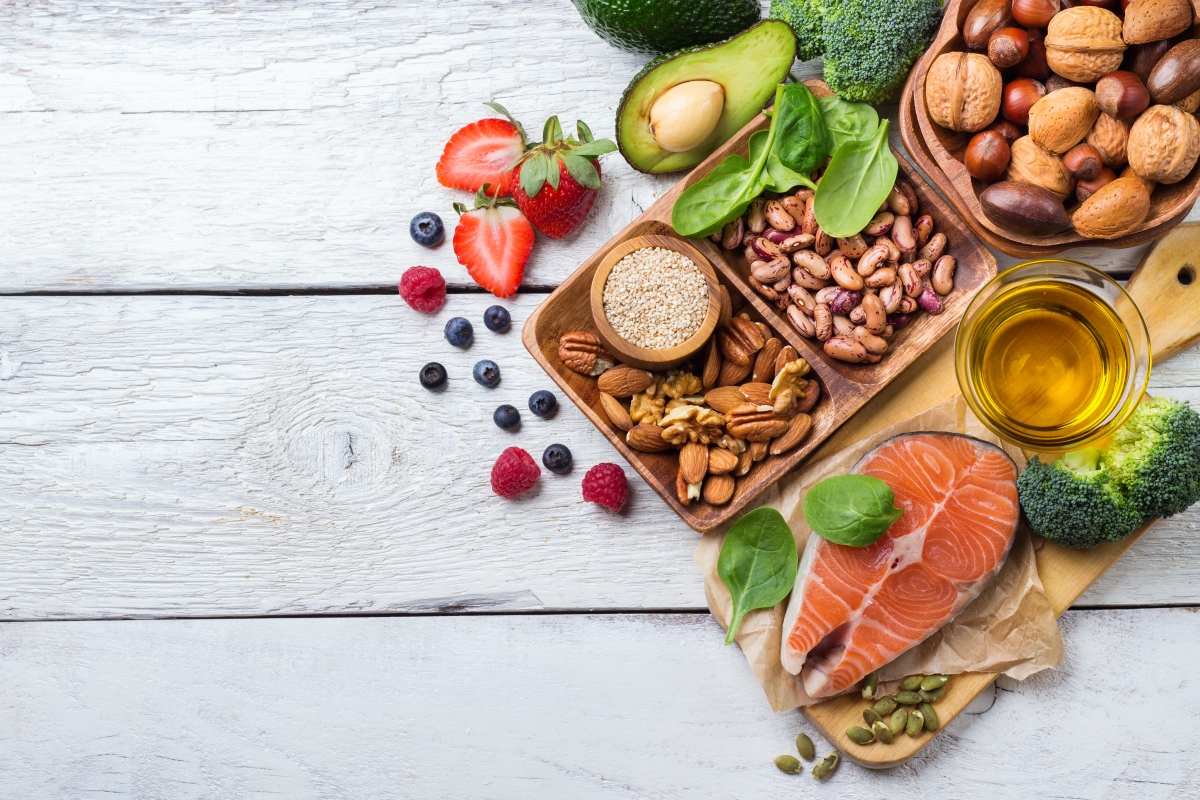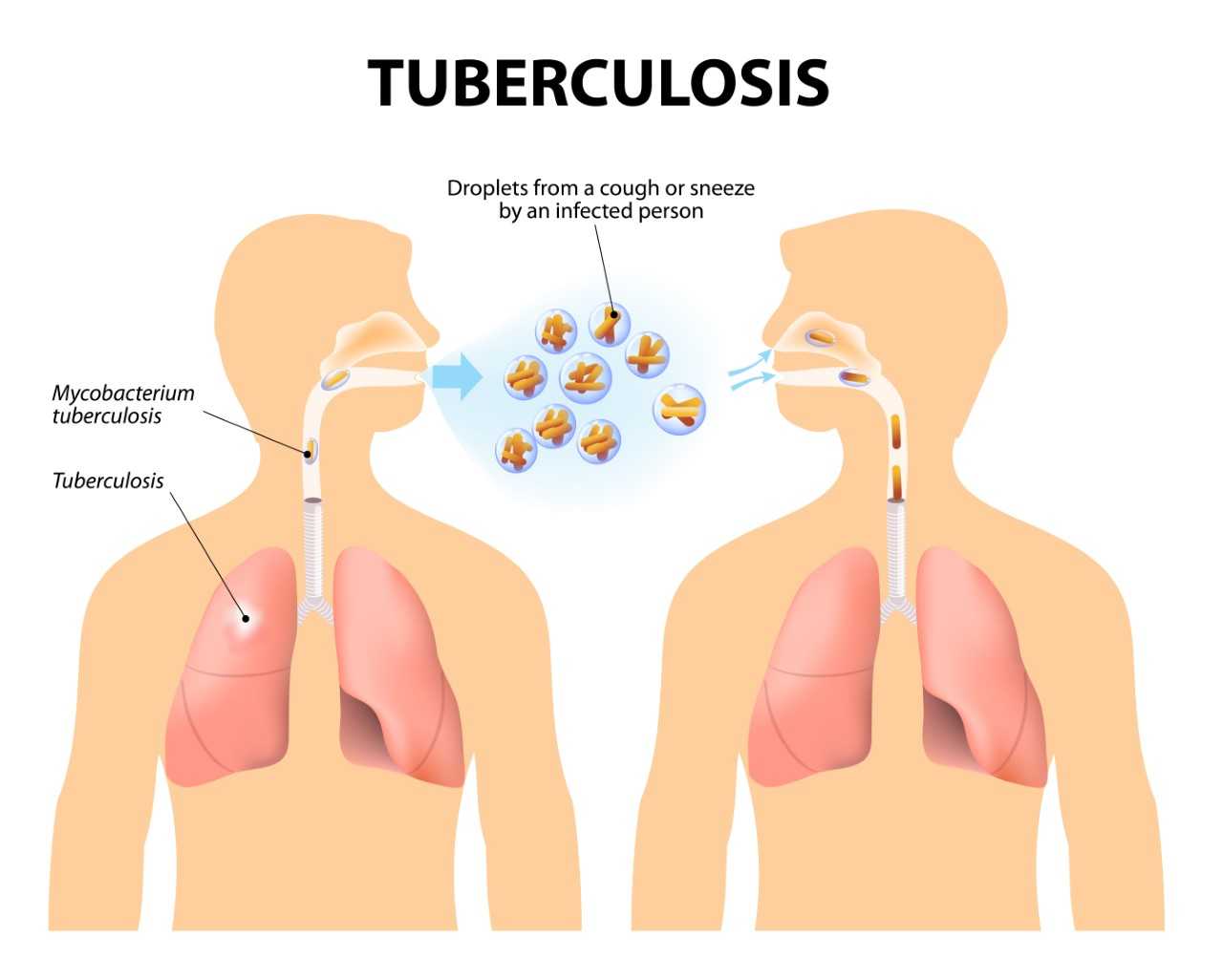Protecting Your Lungs during Festive Air Pollution

As the festive season begins, the air begins to fill with celebration and unfortunately, increased pollution levels. From the colourful fireworks to bonfires, these festivities can lead to an increase in harmful pollutants negatively impacting lung health. Most of us take lungs for granted, but they play a crucial role in keeping us alive for the most part. Hence, it’s important to prioritise lung health.
This blog will explore sources of air pollution during the festive season, their effects on respiratory health and practical tips in protecting the lungs.
Understanding Festive Air Pollution
1. Fireworks: Fireworks release a bundle of harmful chemicals, including heavy metals and particulate matter, which irritate the lungs and aggravate existing respiratory conditions.
2. Bonfires and Open Burning: Celebratory bonfires release smoke containing carbon monoxide and particulate matter, which can be detrimental to lung health.
3. Increased Traffic: The festive season often leads to increased traffic congestion, contributing to elevated levels of nitrogen dioxide and particulate matter from vehicle emissions.
4. Cooking Fumes: The preparation of rich and aromatic festive foods produce smoke and fumes, especially if cooking methods involve frying or grilling.
Effects of Air Pollution on Lung Health
Exposure to air pollution can have both short-term and long-term effects on lung health. Short-term exposure may lead to symptoms such as:
• Irritation of the Airways: Increased coughing, wheezing, and shortness of breath.
• Aggravation of Existing Conditions: Individuals with asthma or chronic obstructive pulmonary disease (COPD) may experience exacerbated symptoms.
Long-term exposure to polluted air can lead to serious health issues, including:
• Reduced Lung Function: Prolonged exposure can lead to a decline in lung capacity and function.
• Increased Risk of Respiratory Diseases: Chronic exposure to air pollutants is associated with a higher risk of lung disease, heart disease, and other serious health conditions.
Tips for Protecting Your Lungs
1. Limit Outdoor Activities: On days when air pollution levels are elevated, try to minimize physical activities, especially strenuous exercise. Instead, opt for indoor exercises or relaxation techniques like yoga or meditation.
2. Create a Healthy Indoor Environment: Ensure proper ventilation at home while cooking festive meals. Use exhaust fans and keep windows open to help dissipate cooking fumes.
3. Practice Deep Breathing: Engage in deep breathing exercises to strengthen lung function and promote relaxation. Techniques such as diaphragmatic breathing can help improve lung capacity and oxygen intake.
4. Stay Hydrated: Drinking plenty of water helps keep the respiratory system moist and supports overall lung function. Herbal teas can also be soothing for the throat and lungs.
5. Consider Natural Remedies: Some natural remedies, such as steam inhalation with essential oils, can help clear the airways and promote easier breathing.
6. Wear Masks: In areas with high levels of outdoor air pollution, consider wearing a mask designed to filter out particulate matter. Masks with N95 or P100 ratings can provide better protection.
7. Avoid Smoking and Second-hand Smoke: If someone in at home smokes, consider quitting. Avoiding smoking and exposure to second-hand smoke is critical for maintaining lung health.
Conclusion
While the festive season is a time for joy and celebration, it’s essential to remain vigilant about air quality and its impact on lung health. By being proactive and implementing these strategies, one can protect their lungs and enjoy the festivities to the fullest. Remember that maintaining lung health is a year-round commitment, and taking steps to minimize the impact of air pollution will benefit overall well-being.
Celebrate safely and breathe easy this festive season by getting a lung function test with Dr Lal PathLabs!
Frequently Asked Questions
1. How to protect lungs from air pollution?
To protect lungs from air pollution, avoid exposure to pollutants like smoke and industrial chemicals, maintain good indoor air quality and practice regular exercise to strengthen lung capacity.
2. How to detox lungs from air pollution?
To detox lungs from air pollution, stay hydrated, practice deep breathing exercises, consume antioxidant-rich foods, and consider indoor air purifiers for cleaner breathing space.






